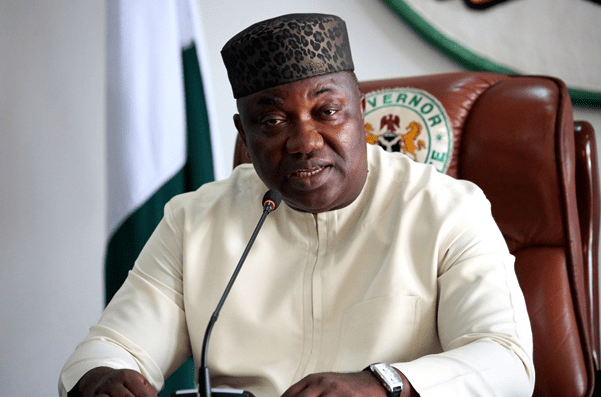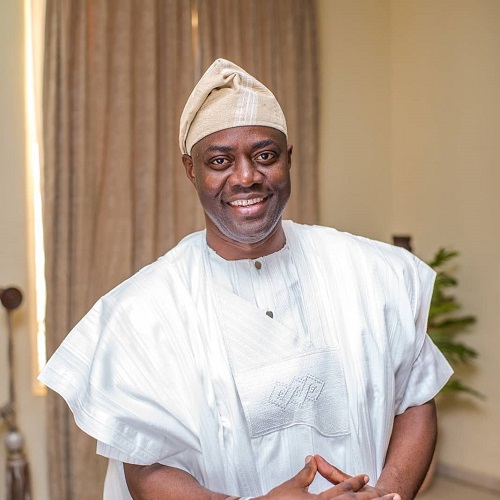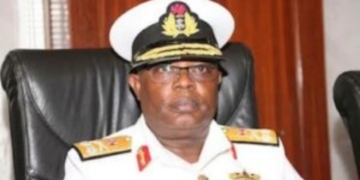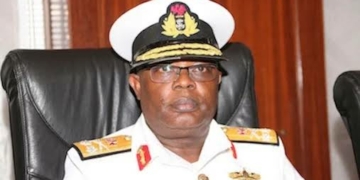Every election year has a unique political story to tell, even if there isn’t a race for reelection or a change in the balance of power. Every time Nigerians prepare to elect new leaders, certain variables or components have influenced these elections.
The Peoples Democratic Party’s (PDP) Umaru Musa Yaradua, the All Nigeria Peoples Party’s Muhammadu Buhari, and Atiku Abubakar were the three leading candidates in the 2007 election, and they were all from the north. The election in 2011 was influenced by ethnicity and rotation.
The creation of the All Progressives Congress (APC) and the n-PDP were key electoral shaping factors in 2015.
A group of disgruntled party chieftains, including some elected governors, may certainly influence the general election of 2023 in addition to the third force that will undoubtedly arise.
This organisation came into being after Atiku Abubakar, a former vice president and inhabitant of the north, won the PDP’s presidential nomination.
Remember that Atiku Abubakar, a former vice president of Nigeria, received 371 votes, while Nyesom Wike, a close second, received 237. This left Saraki and other candidates fighting for the remaining votes.
Iyorchia Ayu, the party’s national chairman and a fellow northerner, was called upon to quit by certain governors and party chieftains after Atiku Abubakar emerged as the Peoples Democratic Party’s presidential front-runner.
They asserted that a given zone cannot receive both the presidential ticket and the national head of the biggest opposition party. To maintain a balance of power within the party, they want Iyorchia Ayu to resign. Iyorchia Ayu’s forced resignation, according to Atiku and his supporters, could lead to a serious problem within the party as it gears up for the 2023 elections.
There is ongoing internal strife in the Peoples Democratic Party as of the time this report was filed, and it has spread to the party-controlled states. There are allegations that, in order to avoid political disaster, the Atiku Campaign Organization had to establish rival political institutions in states run by the G-5 governors.
Several attempts at reconciliation failed. There were rumors of fights and squabbles between the governors and the leaders of related organizations. These G-5 governors did not just skip the party’s presidential rallies and campaigns; they also skipped the inauguration of the Atiku Campaign Organization. They also abstained from several political events hosted by the campaign organization.
Five governors that were chosen on the Peoples Democratic Party agenda make up the G-5 (PDP). These five governors are Okezie Ikpeazu (Abia), Seyi Makinde (Oyo), Ifeanyi Ugwanyi (Enugu), Samuel Ortom (Benue), and Nyesom Wike (Rivers).
Here are succinct descriptions of G-5 members that are extremely concerned about Iyorchia Ayu, the national chairman of the Peoples Democratic Party, resigning (PDP).
Wike Nyesom

Ezenwo Nyesom Wike CON, a politician and attorney from Nigeria, was born on December 13, 1967. He currently serves as Rivers State’s sixth governor. He is an Ikwerre from Rumuepirikom in Rivers State’s Obio-Akpor. He is the G-5’s chairman.
From 1999 until 2007, Wike served as the Obio Akpor Local Government Area’s Executive Chairman for two terms. On July 14, 2011, he was named Minister of State for Education. After Mrs. Ruqqayatu was fired, Wike was named the acting minister of education.
However, he resigned before the end of his term to run for governor of Rivers State. He selected Ipalibo Banigo, a former secretary to the state government, as his running mate for deputy governor after winning the Rivers State People’s Democratic Party primary in 2014. In order to become the governor of Rivers State, he defeated Peterside Dakuku.
Samuel Ortom

Samuel Ioraer Ortom, a politician, businessman, administrator, and philanthropist from Nigeria, was born on April 23, 1961. During the administration of Goodluck Jonathan, he served as a minister of state for trade and investments in Nigeria. 2015 saw the election of Ortom as the APC’s candidate for governor of Benue State. On May 29, 2019, he received a second term as governor.
Prior to being appointed Minister of the Federal Republic of Nigeria in July 2011, he served as PDP National Auditor. He ran for governor of Benue State in April 2015 and was successful on the APC’s platform (APC). Due to a problem within the party, Ortom announced his resignation from the All Progressives Congress in July 2018.
Ortom was reelected as governor of Benue in the 9 March 2019 gubernatorial election and the 23 March 2019 supplemental governorship election after receiving 434,473 votes, while Emmanuel Jime of the All Progressive Congress came in second with 345,155 votes.
Ifeanyi Ugwanyi

Nigerian politician Lawrence Ifeanyi Ugwuanyi CON, also referred to as “Gburugburu,” was born on March 20, 1964. He was chosen to serve as the Governor of Enugu State in April 2015 and took office on May 29, 2015. For 12 years, he served in the Federal Republic of Nigeria’s House of Representatives.
He is a People’s Democratic Party (PDP) member and the incumbent federal representative for Enugu State’s Igboeze North/Udenu constituency. Under the PDP, Ugwuanyi won the election for governor of Enugu State. On May 29, 2019, he took the oath of office to serve a second term as governor of Enugu State.
Okezie Ikpeazu

Okezie Victor Ikpeazu, a Nigerian politician in office as the governor of Abia State since May 29, 2015, was born on 18 October 1964. On the Peoples Democratic Party’s platform, he won the election. He won the gubernatorial election on March 9 and was re-elected as the governor of the state of Abia.
From March 2011 to May 2013, he held the position of general manager of the Abia State Passenger Integrated Manifest Scheme (ASPIMS). From June 2010 to May 29, 2011, he was the Abia State College of Health Technology’s Chairman of the Governing Council.
From 2007 until 2009, he was the general manager of the Abia State Passenger Integrated Manifest Scheme (ASPIMS). In 2002, he was chosen to serve as the local government area of Obingwa’s chairman.
Seyi Makinde

Oluseyi Abiodun MakindeListen, a Nigerian businessman, politician, and philanthropist, was born on December 25, 1967. As of May 29, 2019, he is the governor of Oyo State.
Seyi Makinde ran for the Oyo South Senate seat in 2007 on the ticket of the All Nigeria Peoples Party (ANPP), but lost to Kamoru Adedibu of the People’s Democratic Party. Makinde wasn’t deterred after his first failed attempt and in 2010 ran for the Oyo South 2011 Senatorial seat under the People’s Democratic Party, PDP, but he lost the primary to the current Oyo South Senator.
Makinde won the People’s Democratic Party (PDP) primary election at Liberty Stadium, Oke-Ado in Ibadan with 2772 votes on September 29, 2018, becoming the party’s nominee for governor of Oyo State in the 2019 general elections.
On March 9, 2019, Makinde received 515,621 votes, defeating Adebayo Adelabu of the All Progressive Party who received 357,982 votes, who was his closest competitor. When the general elections were taking place, the All Progressives Congress (APC). At the 2019 Oyo State gubernatorial elections, which were held on March 9, Makinde won the position of governor.




Discussion about this post